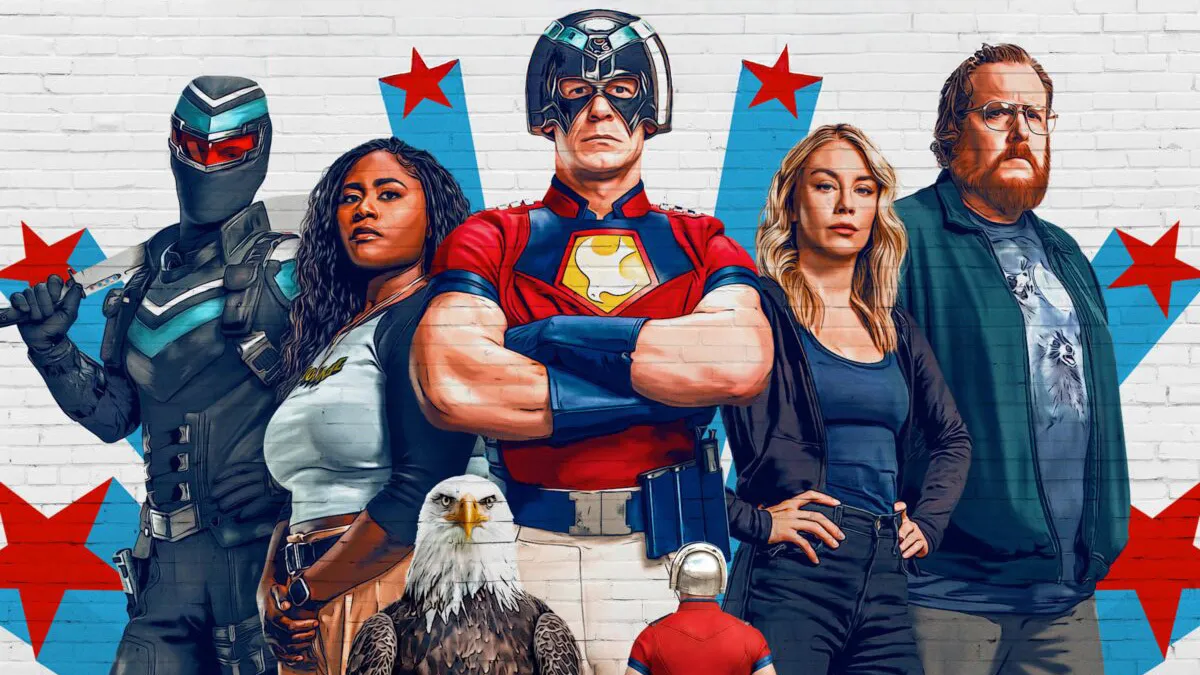The Sopranos and its Continued Influence on Television and Pop Culture
March 14, 2022
The Sopranos is a show that’s been seeing a resurgence in pop culture with a new movie, books, and presence in streaming culture. On HBO Max, the show is more available than ever and a new generation is being introduced to the complex, six-season epic about mafia boss and middle-aged father Tony Soprano. The Sopranos is a turning point in American television and the perfect example of television as an art form that’s well worth watching today.
The show achieved the coveted “water-cooler status” during its run and has since lived on through its influence on many other shows, including Breaking Bad. Tony Soprano and Walter White are very similar character archetypes with key differences. Tony acts as the show’s protagonist, but not necessarily its hero, he is one of the first modern, popular antiheroes.
The show is written in such a way that it encourages you to root for him as he balances his family and his crime family. Tony repeatedly breaks the trust of the audience and characters, but through this, it’s clear that his upbringing and complex mental perturbations play a part in his actions. Some of the biggest questions the show poses are whether or not Tony’s behavior is his own fault and whether or not Tony really cares about his family (either family for that matter).
Tony’s inner workings are broken down through therapy sessions and episodes that take place in his unconscious thoughts. Many of his past experiences are connected to and juxtaposed with his behavior in the present. After shedding light on these numerous issues, the show often asks the viewer to consider whether or not Tony is accountable for his many horrific actions and constant moral bankruptcy. As a result of this, many encounters and events are more layered than they appear, lending well to rewatches. The actions of different characters often have significant ramifications, physical and mental, on the other characters and themselves, especially for Tony. The Sopranos was initially unique in its focus on an antihero with a unique and complex psychological profile who struggles to balance between family and crime.
The Sopranos is also a breakthrough in the mafia genre. The introduction of more human characters that are sensitive and struggle with issues is something that is often not done in mafia media, with the protagonists usually being portrayed as slick guys who talk and grease their way through life. The show has more intelligent, free-thinking women who don’t only serve as complacent lackies to their husbands. Many of them, especially Carmella Soprano, Tony’s wife, have their own arcs where they’re faced with the positive and negative consequences of the life they chose as a mafia housewife sworn to uphold Christian and Italian family values. Members of the show, including cast and the production crew, were always thinking of new ways to frame the Italian mob in the complex context of modern America (early 2000s at the time).
Joe Gannascoli, who portrayed Vito Spattafore on The Sopranos, visited Wantagh High School and gave students and faculty members his perspective as someone who was working on such a breakthrough piece of media. Gannascoli was inspired by a novel to portray on of the first gay mobsters in major Italian mafia media. Gannascoli and other members of the show, including showrunner David Chase, decided to showcase the hypocrisy of the “family” aspect of the Italian-American mafia by showing how quickly and violently they all turned against Vito Spattafore upon learning he was gay. The character and his arc were groundbreaking for the time and are still standouts in the show. This is one of multiple examples of how the writers on the show used the mafia as a microcosm of modern society to criticize Americans and the world.
In a similar vein, the show portrayed the impact of major issues like 9/11, the war in Afghanistan, Columbus day, and presidential elections on the mafia and really on the world in its own, unique way.
It’s not a perfect show, but it broke the paradigm of dramas, mafia media, and even television as a whole and has since influenced many works in content and format. Though it has not experienced the same resurgence as Breaking Bad, its impact can be felt. The Sopranos is a show absolutely worth watching that provides an entertaining mafia narrative while also posing an intellectual challenge for dedicated viewers who are encouraged to dig into its deeper, more universal and emotional aspects.














